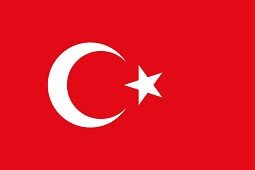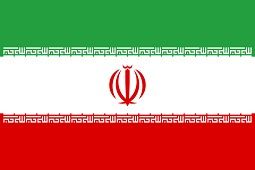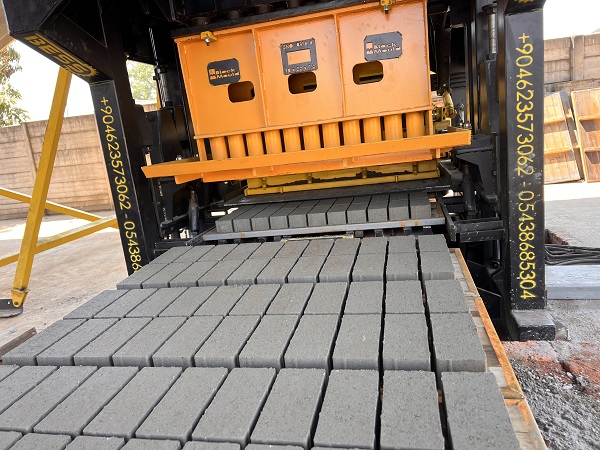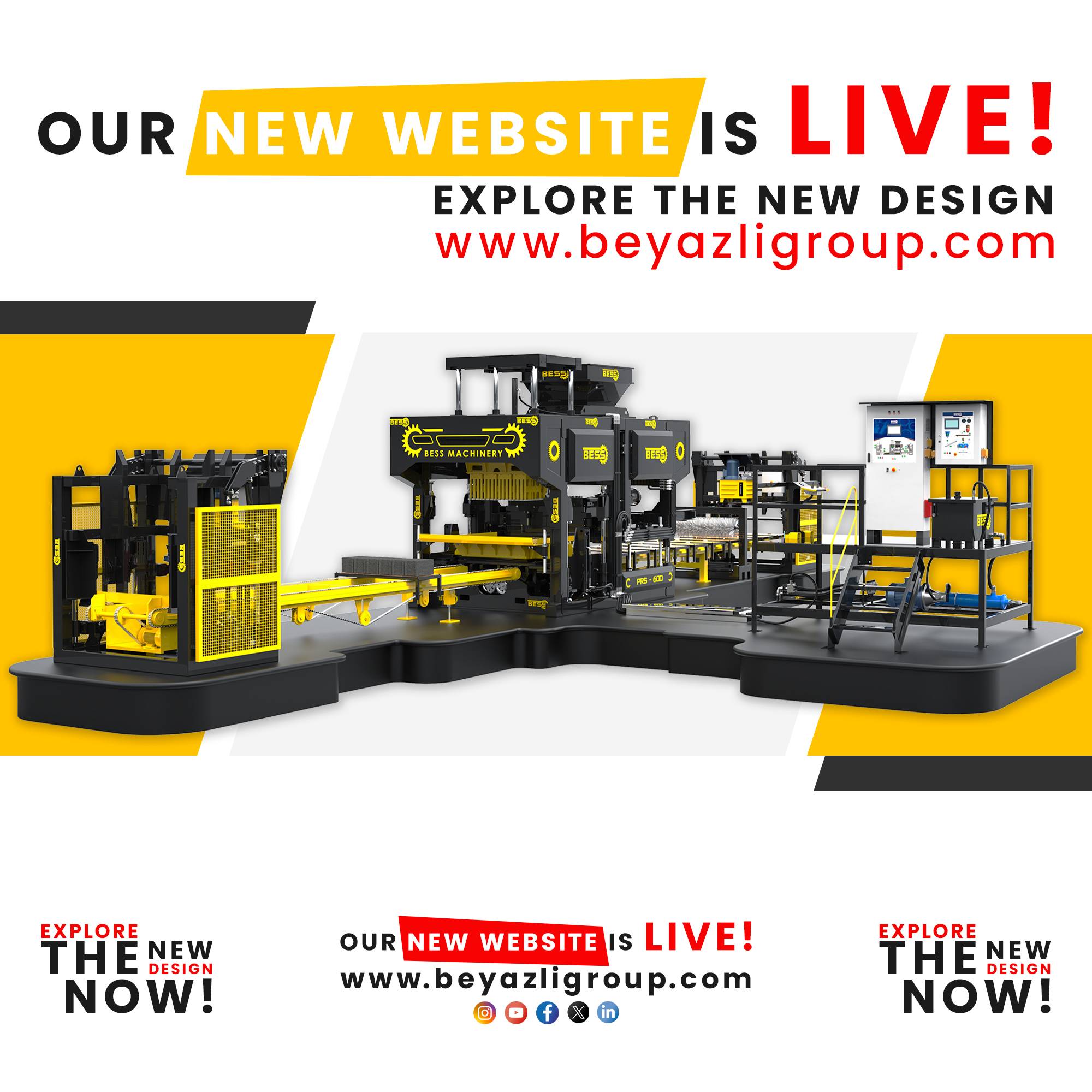Hollow Concrete Block Production In Ethiopia
Hollow concrete block production in Ethiopia has seen significant growth in recent years. These blocks are widely used in construction for their durability and affordability. Local manufacturers have embraced this technology, contributing to the country's booming construction sector.
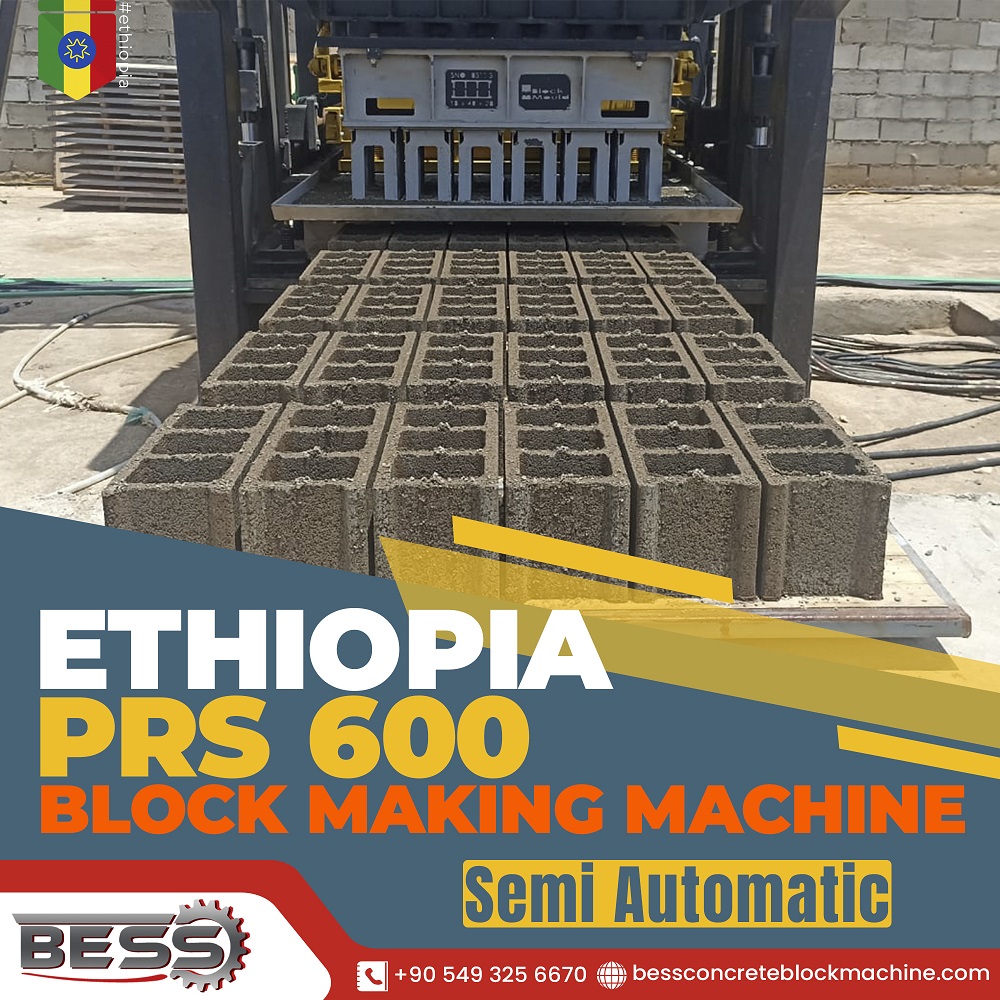
The production process involves mixing cement, sand, and water to create a mixture that is poured into molds, which are then left to cure. Once cured, the blocks are strong and sturdy, making them ideal for various construction projects. With the increasing demand for affordable housing and infrastructure development in Ethiopia, the hollow concrete block production industry plays a crucial role in meeting these needs and supporting the country's economic growth.
Moreover, the use of hollow concrete blocks in construction not only saves on construction costs but also promotes sustainability. These blocks are excellent for thermal insulation and have a lower environmental impact compared to traditional building materials, making them a wise choice for builders and homeowners in Ethiopia. As the construction industry continues to thrive in the country, the hollow concrete block production sector is set to play an essential role in shaping Ethiopia's urban and rural landscapes.
Turkish machines have gained a reputation for their exceptional quality and efficiency in hollow concrete block production. Ethiopian manufacturers have increasingly turned to Turkish machinery for their production needs due to their reliability and advanced technology. These machines are known for their precision in block formation and consistency in output, making them a popular choice among local producers.
The adoption of Turkish machinery in Ethiopia's hollow concrete block production industry has not only improved the quality of the blocks but has also increased production capacity. This has helped meet the growing demand for construction materials in the country and has contributed to the overall development of the construction sector. As the partnership between Ethiopian manufacturers and Turkish machinery suppliers continues to grow, it further strengthens the foundation of the hollow concrete block production industry in Ethiopia, promising a brighter future for the construction landscape in the country.
Block Or Blocket Size In Ethiopia
Determining the ideal block or blocket size in Ethiopia is a crucial decision in the construction industry. The commonly used sizes for concrete blocks in Ethiopia are 20cm x 20cm x 40cm, 15cm x 20cm x 40cm, and 10cm x 20cm x 40cm. These standard dimensions are popular among builders because they offer a good balance between structural stability and cost-effectiveness. The 15cm x 20cm x 40cm size, often referred to as a 6-inch block, is particularly common for load-bearing walls, while the 10cm x 20cm x 40cm size, known as a 4-inch block, is commonly used for non-load-bearing walls. These sizes provide builders with flexibility in design while ensuring durability.
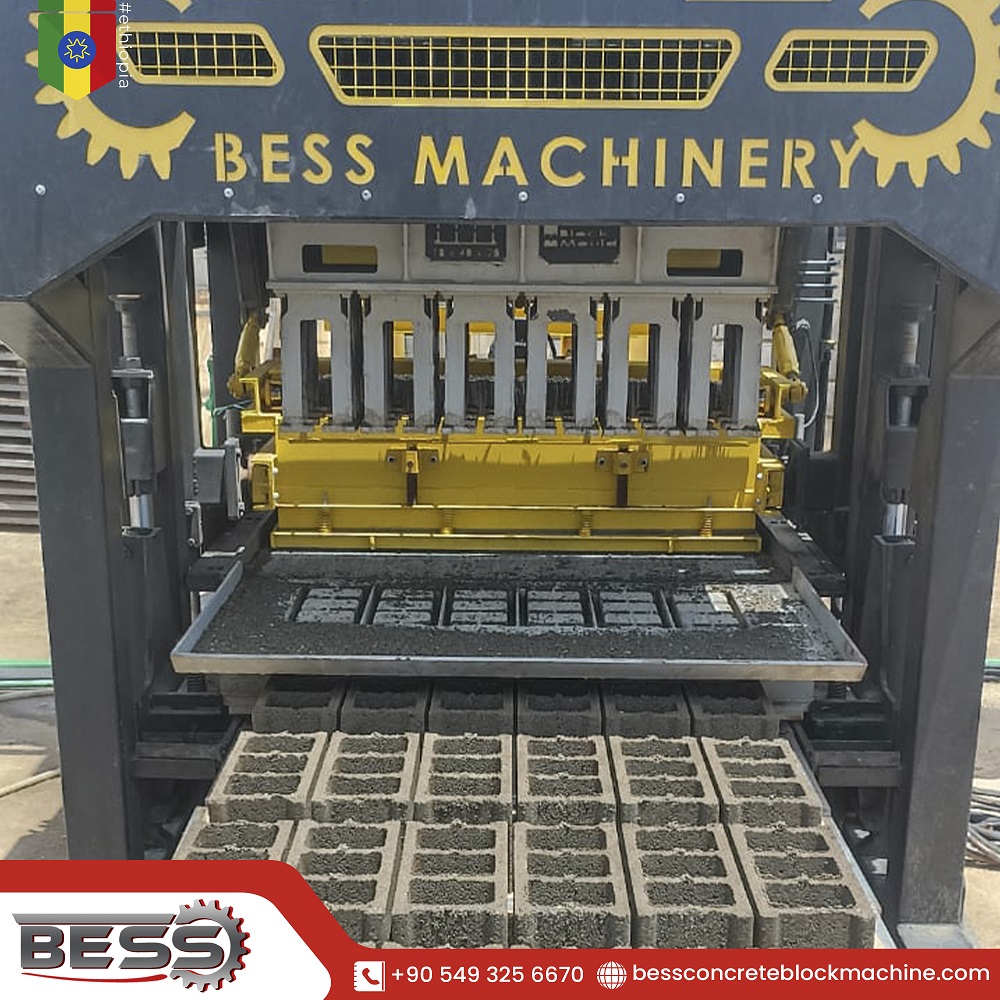
The choice of blocket or block size is influenced by factors such as the type of construction project, budget constraints, and architectural design. In Ethiopia, where affordable housing is a priority, the selection of the right blocket size is crucial to ensure that the structures meet safety standards while keeping costs manageable. It's important to note that in Ethiopia, solid blocks are also commonly used alongside hollow blocks. These solid blocks, known as "solid blockets" in the local language, offer enhanced structural strength and are often preferred for load-bearing walls. The careful consideration of blocket size, whether solid or hollow, is essential to achieve the desired structural integrity and aesthetic appeal in the diverse construction landscape of Ethiopia.
There's also a specialized type called "asmolen blocks," with the popular size being 20x24x40cm, primarily used for roofing. These choices ensure structural integrity and affordability in Ethiopian construction.
HCB Production Mix Ratio In Ethiopia
The mix ratio for Hollow Concrete Block (HCB) production in Ethiopia is a critical factor in ensuring the blocks' quality and strength. Typically, a mix ratio of 1:5 to 1:6 is commonly used, indicating one part cement to five to six parts aggregate (a combination of sand and crushed stone or available raw materials based on the region). This ratio may vary slightly depending on specific project requirements and regional factors, but it serves as a general guideline for producing high-quality HCBs in Ethiopia.
The mix ratio is essential because it directly impacts the block's compressive strength, durability, and resistance to environmental conditions. A well-balanced mix ensures that the blocks can meet the demands of construction projects in Ethiopia, from residential buildings to infrastructure development. Having the right mix ratios is a key step in maintaining construction quality and safety standards throughout the country.
Types Of Hcb Machines In Ethiopia
In Ethiopia, the Hollow Concrete Block (HCB) production industry has witnessed the widespread adoption of various HCB machines, with Turkish machines being particularly popular. One prominent manufacturer, BESS, has established a strong presence in the Ethiopian market, having successfully installed numerous plants across the country. These machines are highly regarded for their versatility, capable of producing a wide range of concrete products, including hollow blocks, solid blocks, paving blocks, and curbstones. This multifunctionality offers significant advantages over other brands, making them a preferred choice among Ethiopian manufacturers and builders. these machines are normally called hollow block machine by people.
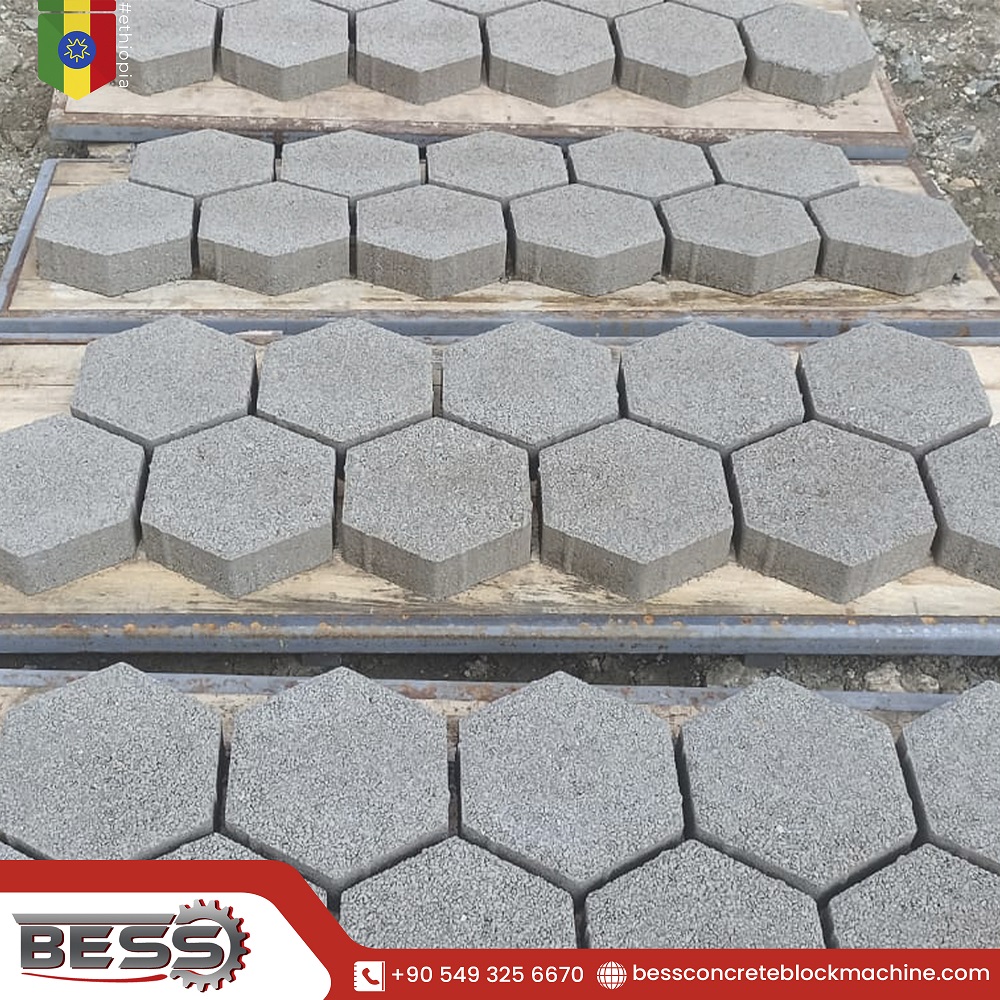
In addition to the broad product range, BESS also provides supplementary equipment essential for construction projects. They offer solutions such as stone crushers, various automation systems, generators, silos, and other equipment required to ensure the successful execution of a project.
BEES is not only known for its versatile HCB machines but also for offering a comprehensive package of benefits to Ethiopian construction professionals. Their machines come at economic prices, making them an attractive choice for both small and large-scale projects. Moreover, BESS provides concrete block machine free installation and free spare parts, ensuring that customers receive top-notch after-sales support. With a remarkable 2-year guarantee on the machines and an impressive 5-year service guarantee, clients can rest assured that their investment is well-protected.
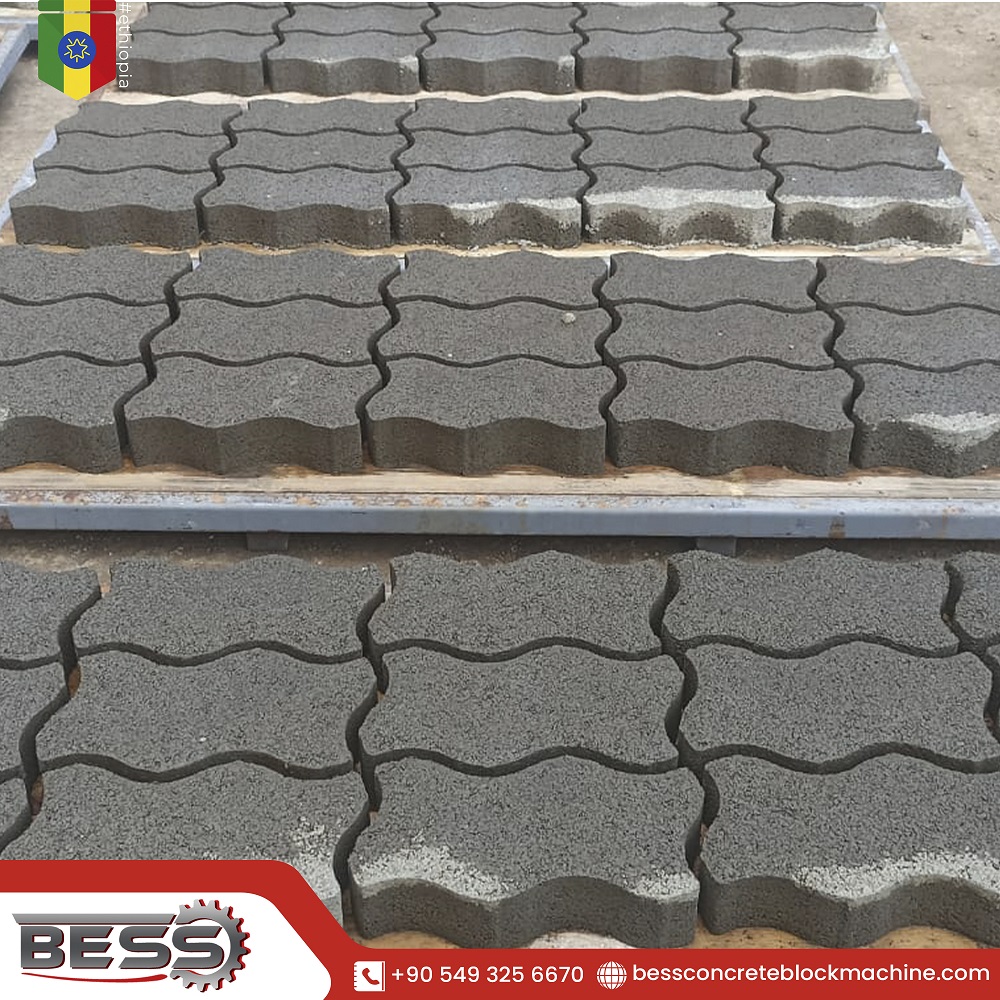
What sets BESS apart even further is its commitment to unwavering support. They offer round-the-clock, 24/7 assistance to customers, ensuring that any issues or questions are addressed promptly. With these advantages, ordering a machine from BESS feels as convenient as if you were sourcing it from your own city. BESS stands by its customers through all stages of the purchasing process and beyond, reinforcing its reputation as a trusted and reliable partner for Ethiopian construction endeavors.
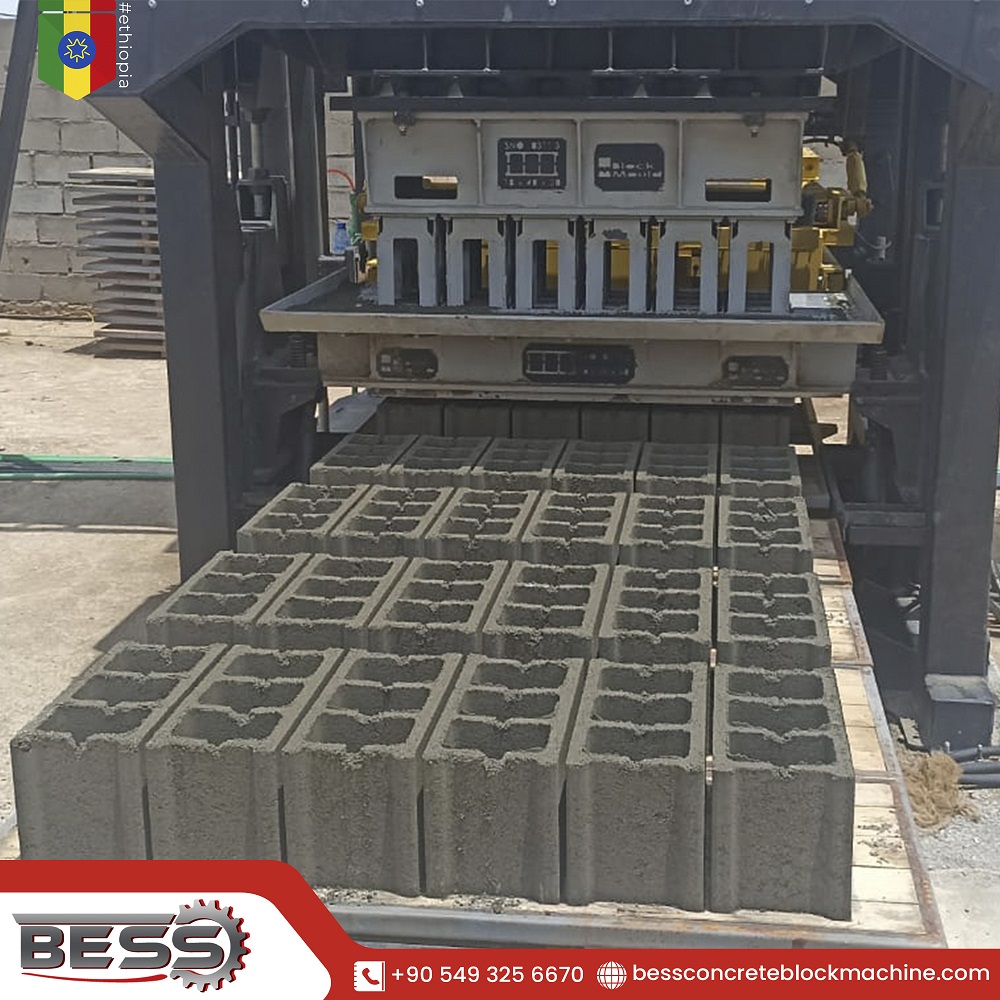
Blocket Machine Price In Ethiopia
The cost of a Blocket Machine in Ethiopia can vary significantly based on several key factors.
One primary determinant is the automation level of the machine, which can be categorized as either semi-automatic or fully automatic. Semi-automatic machines are generally more affordable, making them a viable choice for smaller-scale projects or businesses with budget constraints. In contrast, fully automatic machines are equipped with advanced features and automation, which can increase their price but offer greater efficiency and productivity for larger construction projects.
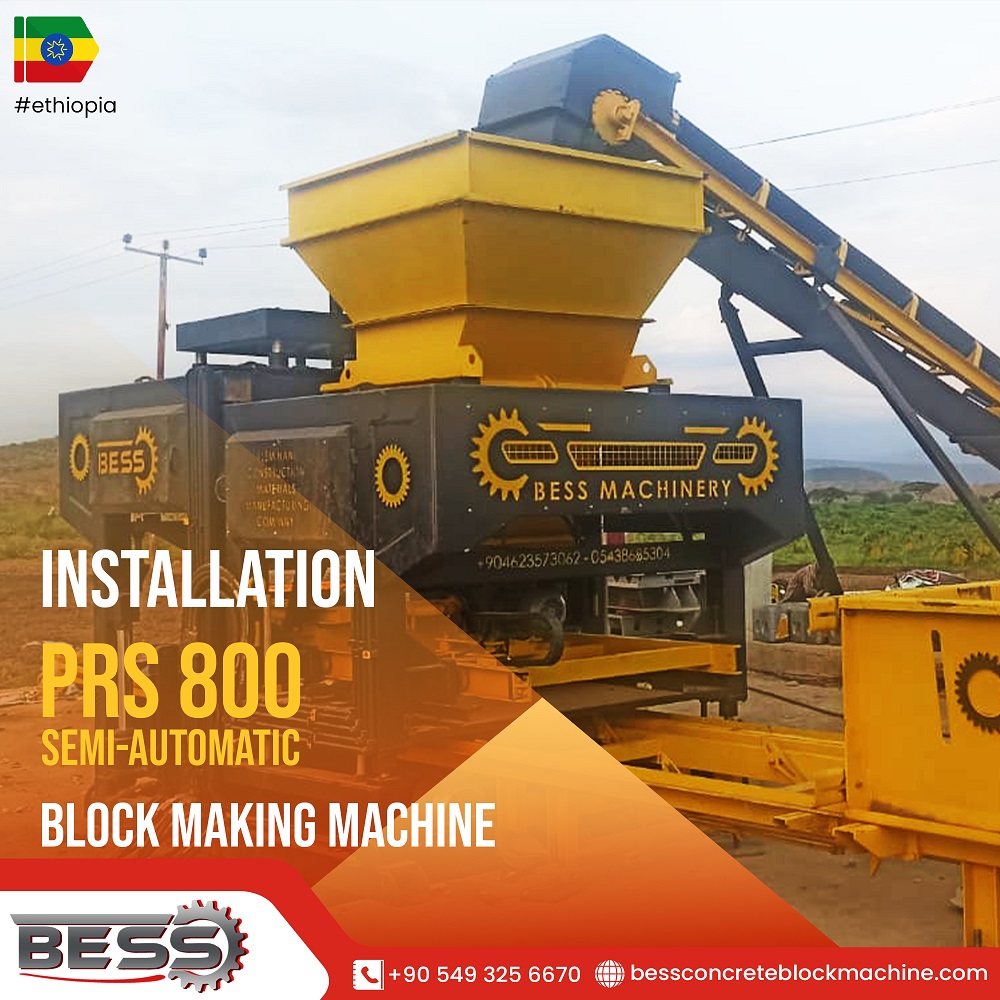
Another crucial factor impacting the machine's price is its production capacity. Blocket machines come in various capacities, ranging from smaller-scale options producing around 4,000 pieces per shift, suitable for smaller projects, to higher-capacity models that can go up to 12,000 pieces per shift. The choice of capacity should align with the scale and demands of the specific construction project.
Furthermore, the number of molds selected for the machine plays a role in determining the cost. The more molds a machine can accommodate, the higher the initial investment. This factor directly affects the production rate and efficiency, which may be advantageous for projects requiring a high volume of blocks.
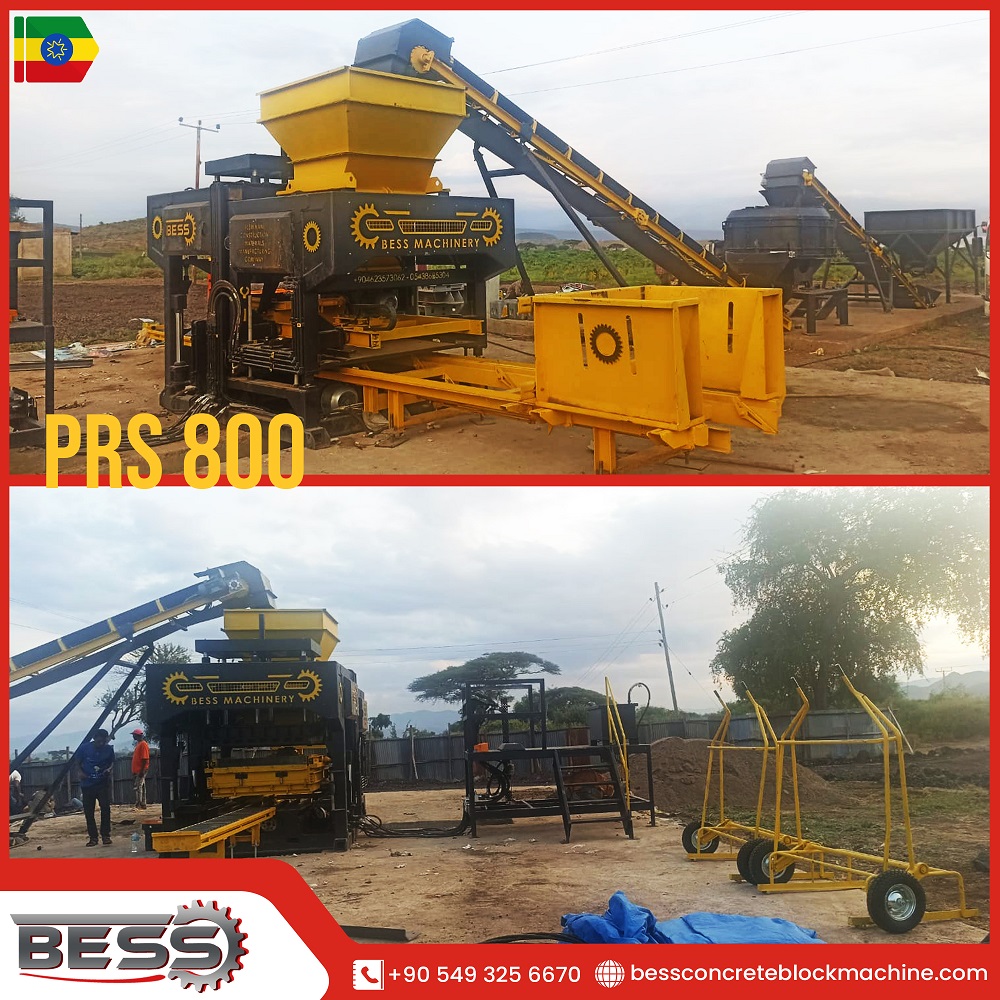
Additionally, the supplementary equipment chosen to accompany the Blocket machine can influence the overall price. Some businesses may opt for additional equipment like stone crushers, automation systems, generators, silos, or other accessories, which can add to the total investment but provide enhanced capabilities and convenience for the project.
Talking about generators, in Ethiopia, the electrical network is not very reliable. Most of the industrial projects use diesel generators for their factories. wondering how to choose a suitable generator for your business? Check full details: How to Choose the Right Generator or Grid for Your Concrete Block Making Machine.
Ultimately, the price of a Blocket Machine in Ethiopia is a flexible figure that varies based on these key considerations. Careful evaluation of the automation level, production capacity, mold selection, and supplementary equipment is essential to ensure that the machine aligns with the specific needs and budget of each construction project in Ethiopia.
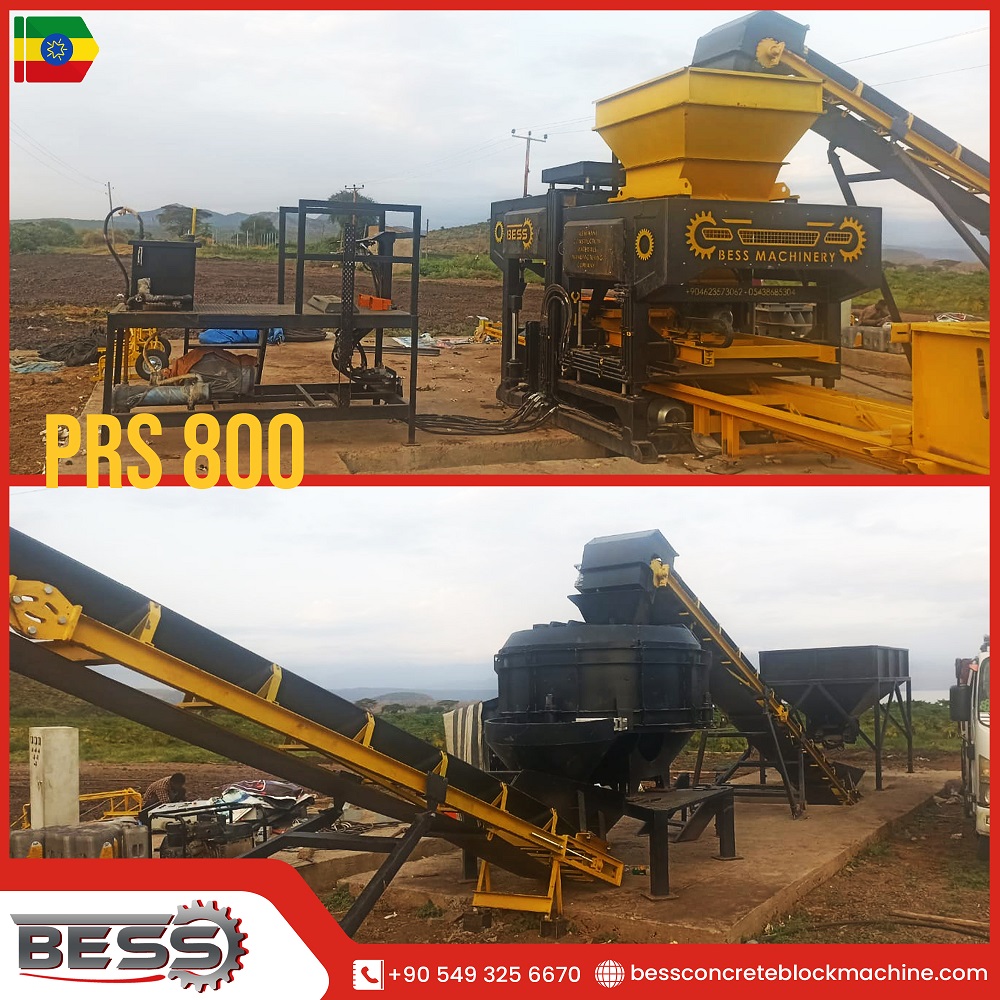
the machine below is the same machine as we installed in Ethiopia. It is installed in Harare zimbabwe. For more videos, you can visit our youtube channel Concrete Block Making Machine.
Whether you are entering the construction industry for the first time or seeking detailed information about the most suitable Blocket machine for your specific needs, reaching out to experts is essential. If you have questions or require pricing information, do not hesitate to contact us at the provided number below. Our well-experienced team has successfully exported over 500 machines to 52 countries, and they possess a deep understanding of all the details of this business. They are ready to guide you through the decision-making process, ensuring that you make an informed choice that aligns perfectly with your project requirements and budget.

